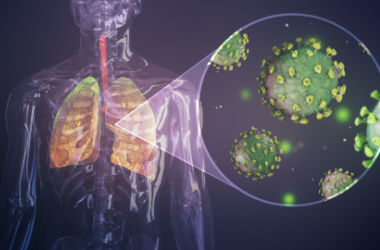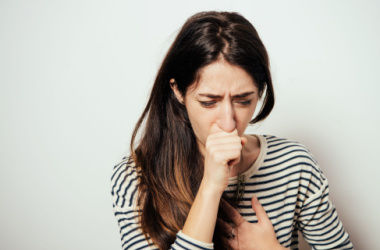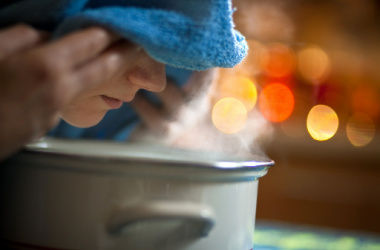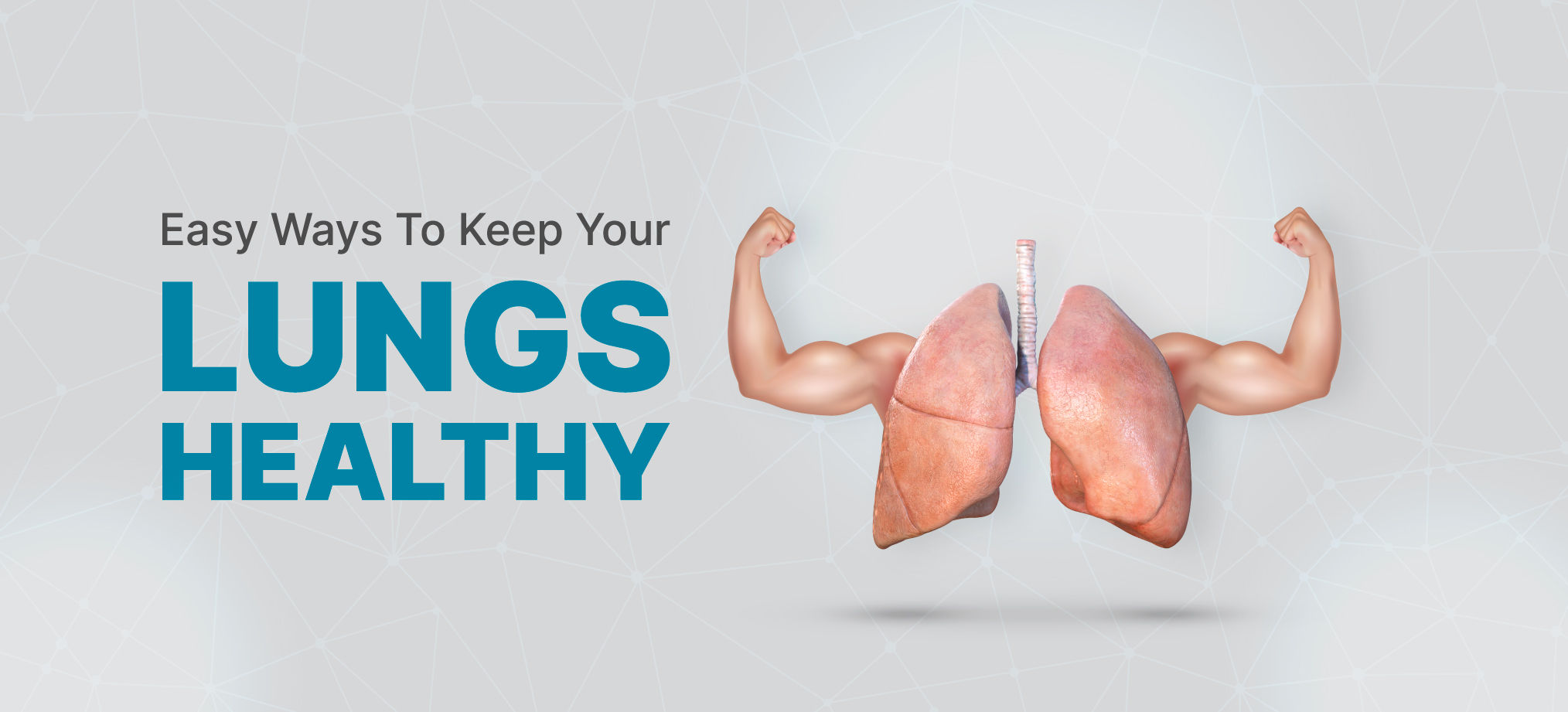Respiratory Health
Chest Feels Congested? Try These Home Remedies
3 min read
By Apollo 24|7, Published on - 28 September 2022, Updated on - 08 January 2024
Share this article
0
4 likes

You must have experienced tightness or heaviness in your chest, especially during transitioning seasons. Chest congestion is a common problem experienced by people due to excess accumulation of mucus in the lower windpipe and lungs. Most often, this is the result of a bacterial or viral infection. However, in some cases, this could also be a symptom of other chronic underlying diseases. Usually, congestion of the chest does not result in any complications, however, it is necessary to be aware of the symptoms that may require medical attention.
What Causes Chest Congestion?
The inner side of the windpipe, or bronchus, is covered with mucus membranes that release mucus as and when needed. During a bacterial or viral infection, this membrane gets irritated and produces an abnormally large amount of mucus. This extra mucus accumulates in the lower parts of the bronchus and the lungs, thereby inducing the symptoms of chest congestion. At times, the mucus membrane can also get irritated by some chronic pulmonary diseases such as bronchitis or pneumonia. Furthermore, the congestion in such cases would either be chronic or recurring, therefore, medical help might be required.

Chest Congestion Symptoms
Some defining chest congestion symptoms are:
- Dry cough or cough with clear, green, or yellow phlegm
- Tightness or pain in the chest
- Wheezing or crackling sound while breathing
- Sore throat
- Fever
- Chills
- Breathlessness

Other conditions unrelated to the lungs, like heart diseases and gastroesophageal reflux disease, could also cause congestion in the chest.
How To Get Rid Of Chest Congestion Fast?
Several medications and home remedies can help dilute and remove mucus and phlegm. However, if the congestion is due to pneumonia, bronchitis, or other underlying diseases, a pulmonologist must be consulted. Meanwhile, one can try home remedies for chest congestion. Some of these remedies include:
- Drink plenty of water and other clear fluids to keep the body hydrated and dilute the phlegm.
- Inhale steam vapour to relieve congestion.
- Take honey, with or without lukewarm water, to soothe the mucus membranes.
- Use Nigella sativa seeds, commonly called black seeds, to relieve chest congestion, cough, fever, and other signs of bronchitis.
- Drink ginger tea or a herbal concoction made out of turmeric, jaggery, and black pepper to soothe the mucus membrane.
- Use humidifiers, nasal sprays, and bronchodilators to unclog the airways.

One can also take over-the-counter expectorants, such as Guaifenesin, to dilute and clear out the mucus.
When To See The Doctor?
Signs that may indicate the need to consult a pulmonologist include:
- Congestion that lasts for more than two weeks
- Recurring congestion
- Body temperature at or over 100.4° F
- Difficulty breathing
- Bloody mucus
- Pre-existing breathing issues
Awareness Is The Key!
Chest congestion is a common symptom of colds and seasonal infections. Taking proper precautions and following the remedies mentioned above would help relieve the symptoms. However, if you experience severe symptoms, consult a pulmonologist. Need more information?
Consult An Apollo Lung Specialist
Medically reviewed by Dr Sonia Bhatt.
Respiratory Health
Leave Comment
Recommended for you

Respiratory Health
Don’t Ignore Dry Cough. It Can Be A Symptom Of These Diseases
You experience a dry cough when your body tries to clear irritants from your airway. It can also be caused by certain medical conditions. The article explores those conditions in detail below.

Respiratory Health
Belly Breathing To Rib Stretches: 5 Exercises To Improve Lung Function
Some exercises like belly breathing, rib stretches and humming can improve your lung function and prevent them from getting affected by diseases and pollutants.

Respiratory Health
What Are The Common Asthma Triggers?
Asthma causes inflammation and narrowing of the airways, making the airways overreact to certain triggers leading to breathing difficulties, wheezing, and other symptoms.
Subscribe
Sign up for our free Health Library Daily Newsletter
Get doctor-approved health tips, news, and more.
Visual Stories

Managing COPD During the COVID-19 Pandemic
Tap to continue exploring
Recommended for you

Respiratory Health
Don’t Ignore Dry Cough. It Can Be A Symptom Of These Diseases
You experience a dry cough when your body tries to clear irritants from your airway. It can also be caused by certain medical conditions. The article explores those conditions in detail below.

Respiratory Health
Belly Breathing To Rib Stretches: 5 Exercises To Improve Lung Function
Some exercises like belly breathing, rib stretches and humming can improve your lung function and prevent them from getting affected by diseases and pollutants.

Respiratory Health
What Are The Common Asthma Triggers?
Asthma causes inflammation and narrowing of the airways, making the airways overreact to certain triggers leading to breathing difficulties, wheezing, and other symptoms.